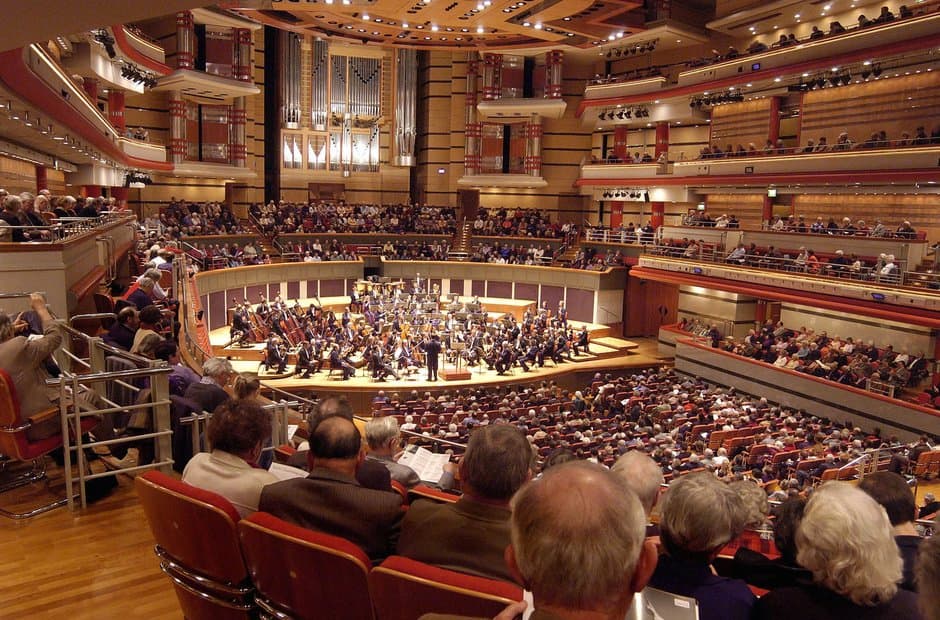 The metaphor of The Hero’s Journey, a pattern of narrative identified by the American scholar Joseph Campbell that appears in drama, storytelling, myth, religious ritual, and psychological development, can help understand the development and challenges of the musician’s life and career.
The metaphor of The Hero’s Journey, a pattern of narrative identified by the American scholar Joseph Campbell that appears in drama, storytelling, myth, religious ritual, and psychological development, can help understand the development and challenges of the musician’s life and career.
The Call
Many musicians receive the “call” – the overwhelming desire to become a musician – in childhood and by the time they reach their teens, their career path is already fairly well defined. This dream and aspiration provides energy and direction, and while we may not achieve our dream in the form in which we originally imagined it, pushing at boundaries forces us to develop and discover resources to help us, including guides and mentors, to overcome our demons and cross thresholds, and, on the way, learn to transform failure into a valuable resource.
Schubert: Winterreise, Op. 89, D. 911 (Sung in English) – No. 1 ‘Goodnight’
Demons and Mentors
Though we may face “demons” such as:
• injury
• illness
• dismotivation
• negative feedback and criticism
• lack of support from family and friends
• mental & emotional issues
• financial issues
We should always be aware that there are people out there to help us. Sometimes these “mentors” are people already known to us – teachers, colleagues, friends, family – and sometimes they are “inner mentors” who resonate with us and who we have identified as offering us what we need for ourselves. These may include a fictional character or a great musician whom we admire. As we resonate with these mentors, we tune into their special qualities and draw those qualities into ourselves so that we can utilise them.
Bartók: Romanian Folk Dances, BB 68 – IV. Dance from Bucium
Difficulties and Dangers
Just as the Hero’s Journey is fraught with difficulties and dangers, so is the musician’s, and sometimes along the way we may get “stuck”. Sometimes this is because our focus becomes too narrow and we forget to look at the bigger picture: perhaps we are obsessing about a small section of a piece of music we are working on rather than standing back to consider the piece as a whole, its landscape, choreography and narrative. As our music becomes more “embodied” within us, so we become more adaptable, able to react to anything that happens without losing a sense of the whole or the structure of the music, and more open to possibilities. A good example of this is the pianist who because he/she has done the right kind of preparation does not allow mistakes or a memory slip to throw him/her off course during a performance. In this state of “relaxed alertness”, we are more able to connect with self, music and audience.
Liszt: Années de pèlerinage, 1st year, Switzerland, S160/R10 – No. 8. Le mal du pays (Homesickness)
Learning from Failure
Failure may come from external factors such as poor exam results or a bad concert or review. This can be tough, but any failure can be turned into a resource from which we can learn and move on. Trial and error, exploration and experimentation allow us to gain feedback and adjust our approach if necessary, before trying again and progressing on our journey.
A person’s errors are his doorways of discovery
James Joyce
More Opinion
-
 Nurturing the Musical Brain It is essential to make music part of someone’s development as early as possible
Nurturing the Musical Brain It is essential to make music part of someone’s development as early as possible -
 Music for Life Skills Learning a musical instrument can contribute to personal development and success
Music for Life Skills Learning a musical instrument can contribute to personal development and success -
 Alone Yet Together: The Shared Experience of Live Performance Attending a concert alone is not an act of isolation
Alone Yet Together: The Shared Experience of Live Performance Attending a concert alone is not an act of isolation -
 Let’s Celebrate and Nurture Classical Music’s Core Audience Obsession with attracting a young audience seems to be exclusive to classical music
Let’s Celebrate and Nurture Classical Music’s Core Audience Obsession with attracting a young audience seems to be exclusive to classical music




